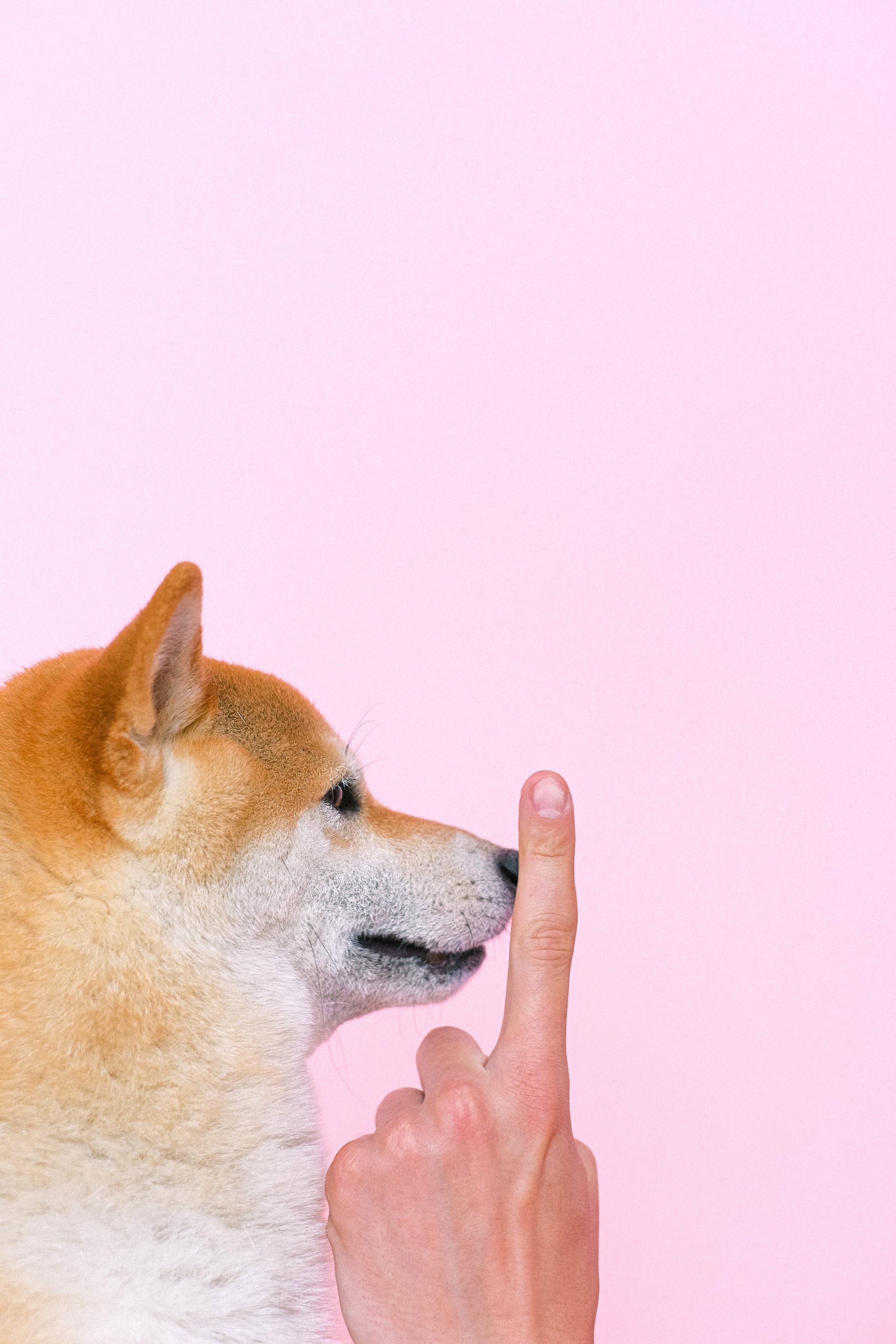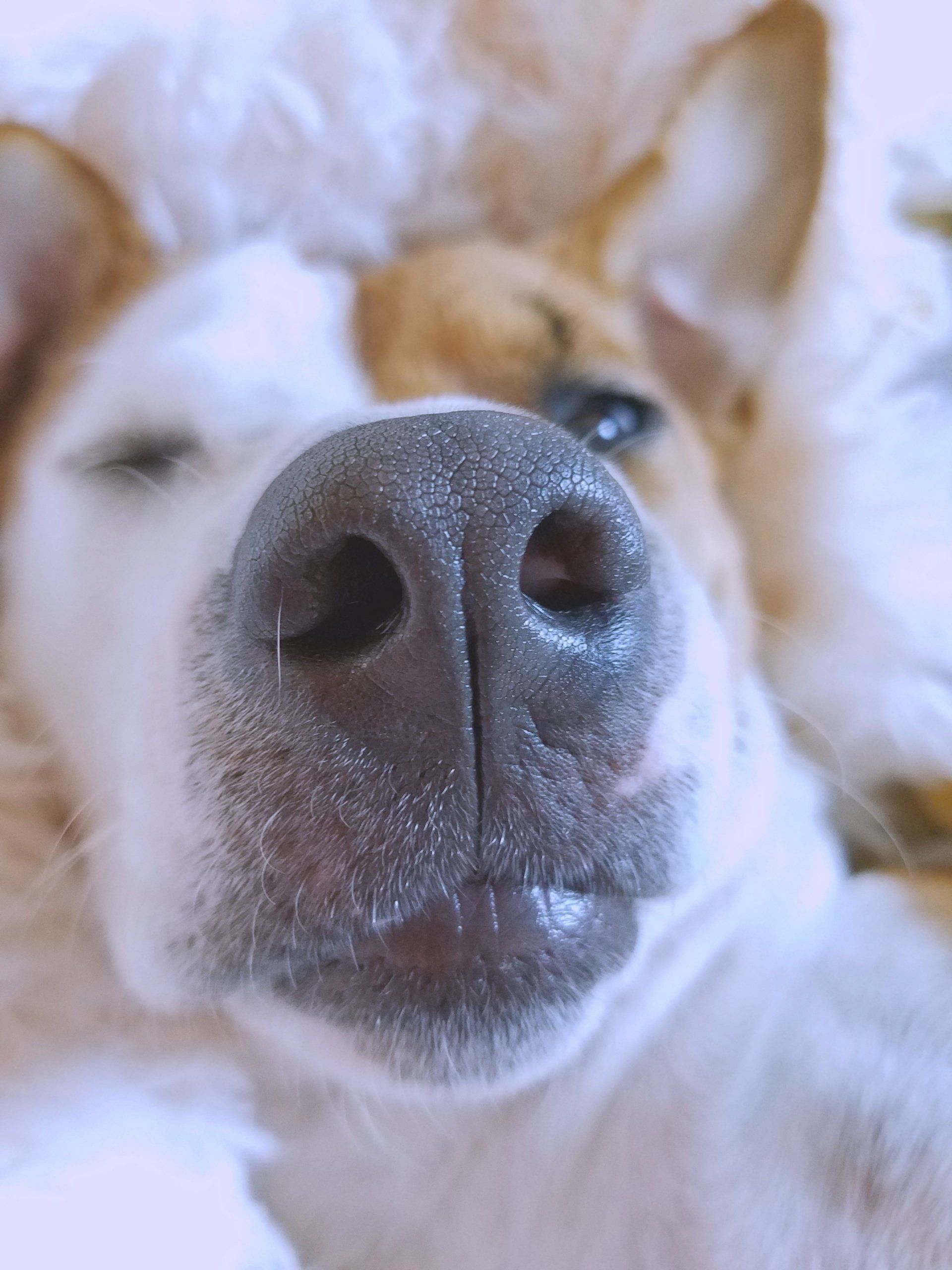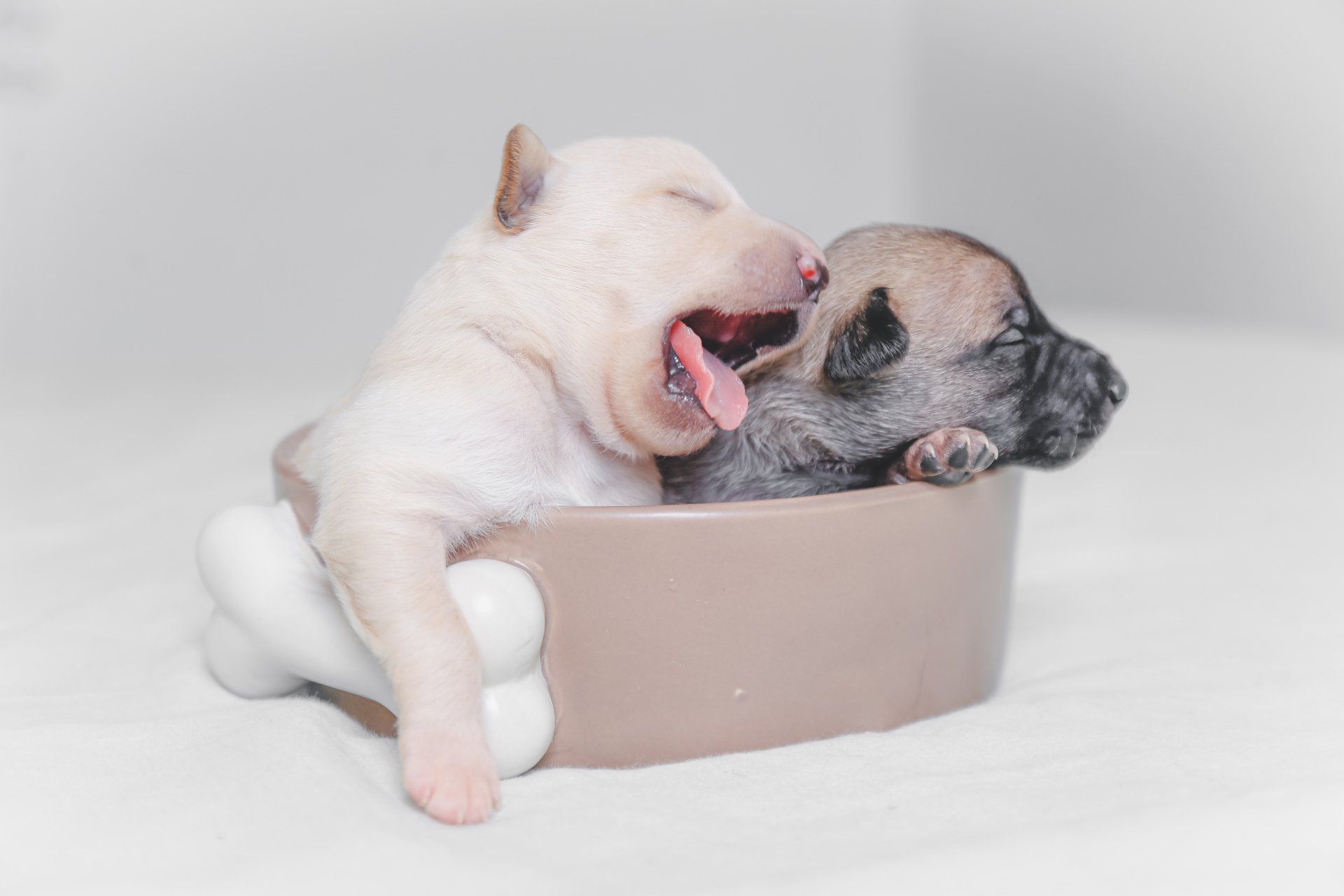Puppy Biting: What's Normal, What's Not, and How to Curb It
Bringing home a new puppy is an exciting and heartwarming experience. Their playful antics and endless enthusiasm can quickly melt your heart. However, one common behaviour that might take you by surprise is their tendency to nibble or playfully bite. While it's a natural part of their development, puppy biting can become a concern if not addressed properly. In this blog, we'll explore what's normal when it comes to puppy biting, when it becomes a cause for concern, and most importantly, how to effectively curb this behaviour while maintaining a loving and nurturing relationship with your furry friend.
Normal Puppy Biting Behaviour
Puppies explore the world with their mouths, just like human babies do with their hands. Biting and mouthing are instinctual behaviours for dogs, and it's entirely normal during their early stages of life. Puppies use their mouths to interact with their environment, understand textures, and play with littermates. When puppies play with each other, they often engage in gentle mouthing, helping them learn social cues and bite inhibition.
When Does Puppy Biting Become a Problem?
While puppy biting is a natural behaviour, it's essential to differentiate between playful mouthing and aggressive biting. Normal puppy biting is usually gentle and accompanied by soft nips. However, it can become problematic if your puppy:
- Bites too hard: If your puppy's nips start to hurt or break the skin, it's a sign that they need to learn proper bite inhibition.
- Shows signs of aggression: Snarling, growling, and lunging are signs of aggression and should be addressed promptly.
- Doesn't respond to redirection: If your puppy doesn't respond to attempts to redirect their biting onto toys or stops, it may indicate a lack of bite inhibition.
Understanding Bite Inhibition
Bite inhibition is a crucial skill that puppies learn during their early interactions with their littermates and mother. It refers to a dog's ability to control the force of their bite, preventing any harm during play or accidental contact. Puppies that receive proper bite inhibition training are less likely to cause harm when they grow into adult dogs. If a puppy is removed from their litter too early, they might not learn this crucial skill, leading to more severe biting problems in the future.
How to Curb Puppy Biting
Now that we understand the importance of bite inhibition and when puppy biting becomes problematic, let's explore some effective ways to curb this behaviour:
- Socialization and Playtime:
Encourage regular socialization and playtime with other puppies and well-behaved adult dogs. When puppies interact with each other, they learn valuable communication skills and bite inhibition through gentle play. If you don't have access to other dogs, supervised playdates with friendly, vaccinated dogs in a controlled environment can be beneficial.
- Positive Reinforcement:
Positive reinforcement is a powerful tool in puppy training. Reward your puppy when they exhibit gentle play behaviour, such as licking or nibbling softly. Use treats, praise, and affection to reinforce good behaviour and let them know that gentle play is encouraged.
- Redirect Biting:
When your puppy starts biting too hard during play or mouthing inappropriately, redirect their attention to appropriate chew toys or interactive puzzles. This not only teaches them what's acceptable to bite but also satisfies their natural chewing instincts.
- Time-outs:
If your puppy becomes overly excited and biting persists, consider using time-outs to give them a chance to calm down. Leave the room briefly, denying them the attention they seek. Repeated time-outs can help them understand that biting leads to the end of playtime.
- Consistency and Patience:
Consistency is key in puppy training. Everyone in the household should follow the same rules and techniques to ensure your puppy receives clear and consistent messages. Be patient with your furry friend, as curbing puppy biting takes time and perseverance.
- Seek Professional Help if Needed:
If your puppy's biting behaviour escalates or becomes concerning, don't hesitate to seek the assistance of a professional dog trainer or behaviourist. They can assess the situation, provide personalized guidance, and address any underlying issues contributing to the behaviour.
Puppy biting is a natural behaviour that puppies use to explore their world and interact with their littermates. While it's a normal part of their development, it's essential to differentiate between gentle mouthing and problematic biting. Encouraging bite inhibition through socialization, positive reinforcement, and redirecting biting to appropriate toys are effective ways to curb this behaviour. Remember to be patient and consistent in your training efforts, as each puppy learns at their own pace. With time, patience, and understanding, you can help your furry companion develop into a well-mannered and gentle adult dog, fostering a loving and joyful relationship for years to come.


